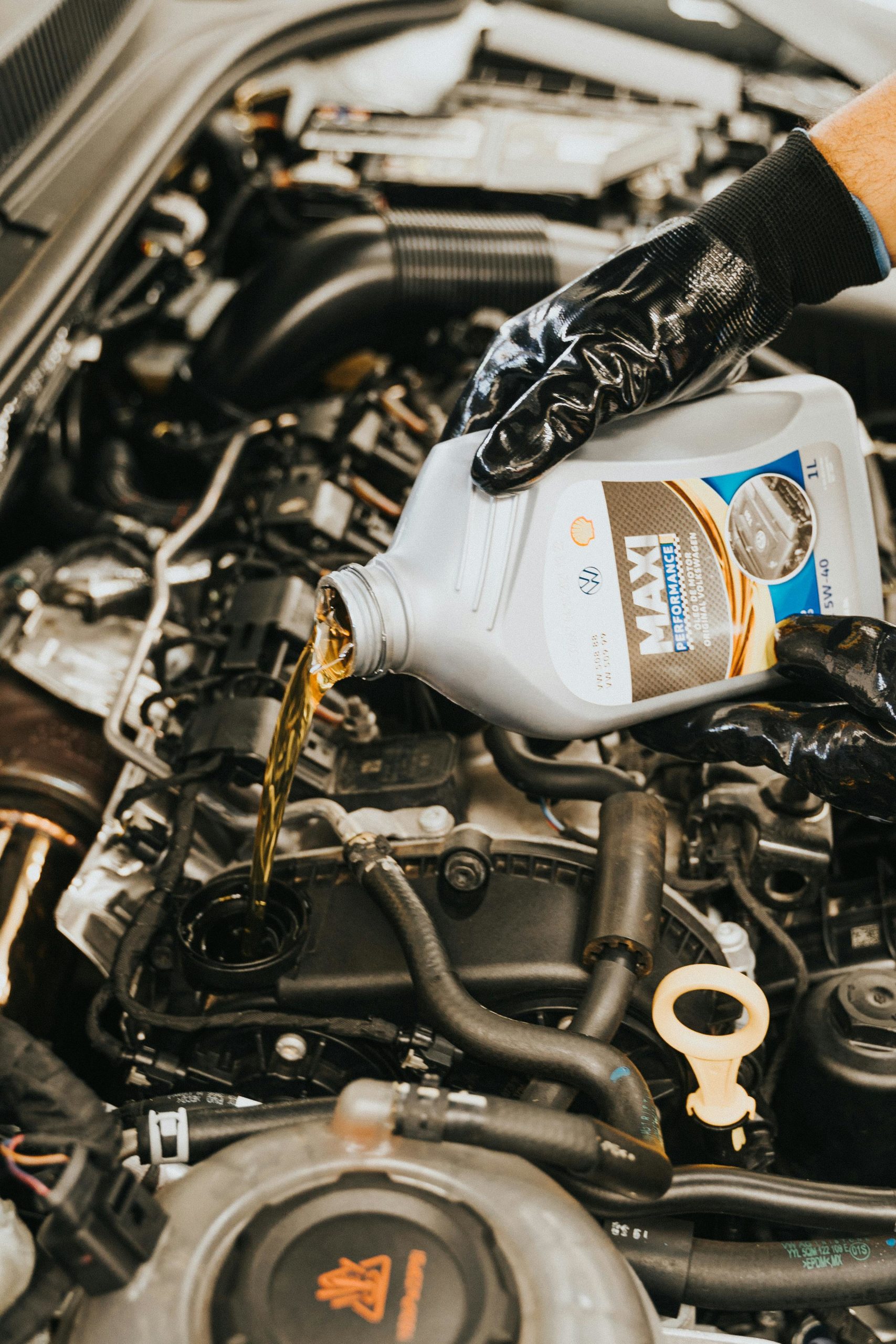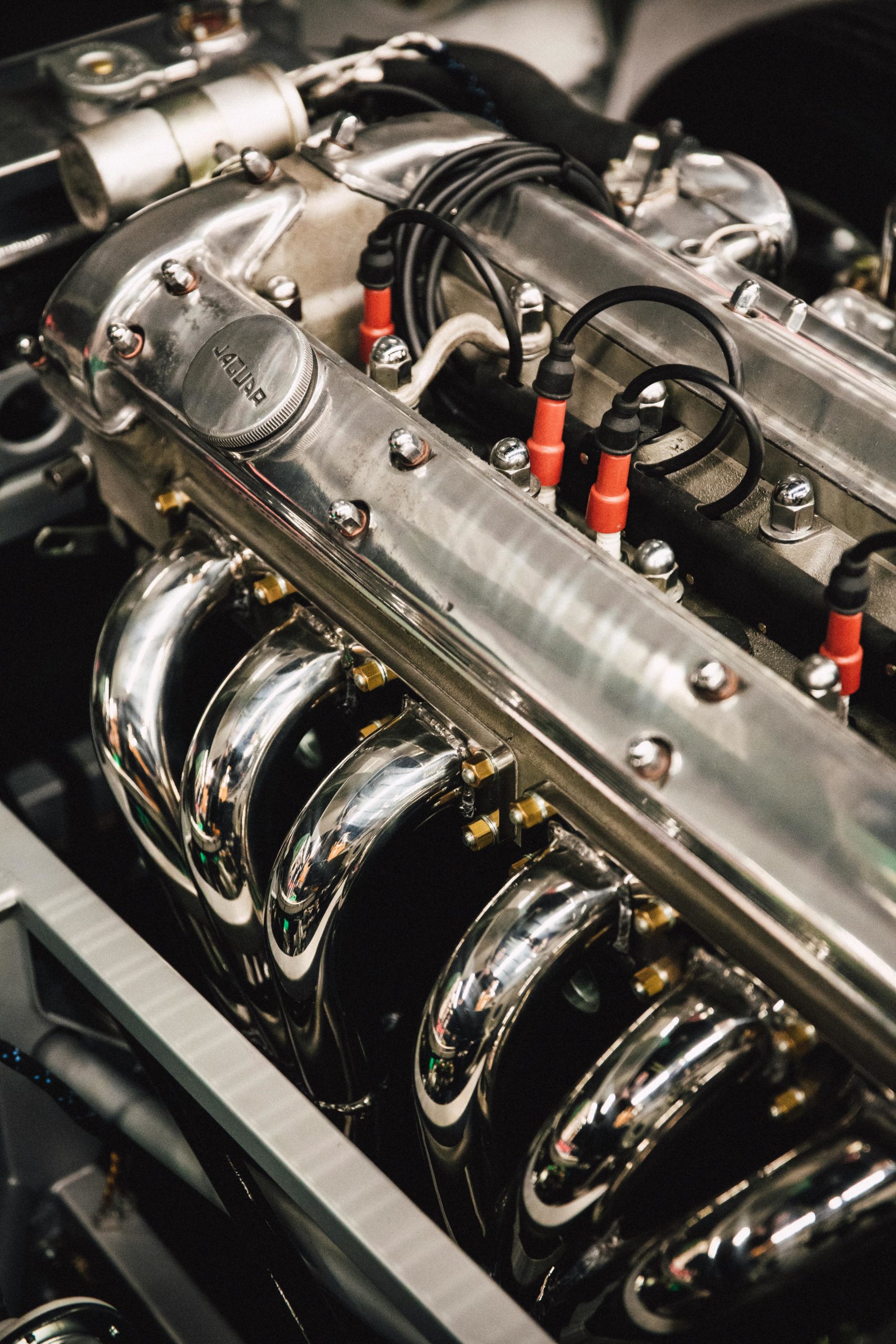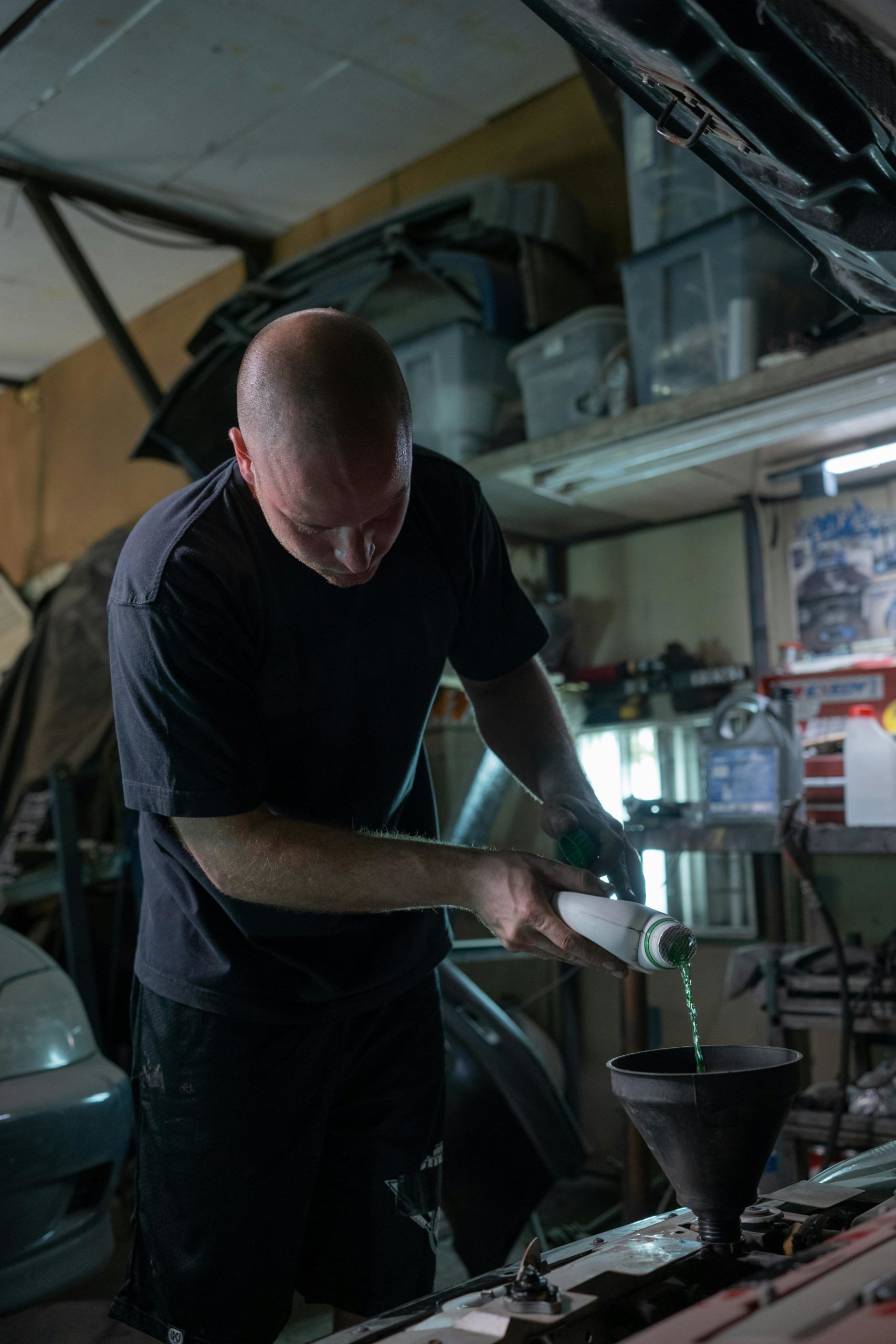Why Regular Oil Changes Keep Your Car Running Smoothly
Your car is a complex web of parts working in harmony. But at the heart of it all lies the engine, and its lifeblood is clean, healthy oil. Just like our bodies need regular oil changes (okay, maybe not literally!), your car’s engine relies on fresh oil to function optimally and avoid costly breakdowns. This blog delves into the importance of regular oil changes, exploring how they protect your engine and extend its lifespan.
Understanding Engine Oil and Its Functions:
Engine oil is a marvel of modern engineering. It performs several critical tasks:
- Friction Reduction: The moving parts within an engine generate immense friction. Engine oil acts as a lubricant, creating a slippery film between these parts, minimizing friction and preventing wear and tear.
- Heat Dissipation: The combustion process generates significant heat. Engine oil absorbs this heat and carries it away from critical engine components, preventing overheating and potential damage.
- Cleaning and Contaminant Suspension: Oil picks up dirt, debris, and byproducts of combustion that can accumulate inside the engine. These contaminants are suspended in the oil, preventing them from harming engine parts.


The Deterioration of Engine Oil and Why It Matters:
Over time, engine oil breaks down due to several factors:
- Heat Exposure: The constant heat from the engine degrades the oil’s lubricating properties.
- Contamination: As mentioned earlier, oil accumulates dirt and debris, compromising its effectiveness.
- Oxidation: Exposure to air causes the oil to thicken and lose its lubricating qualities.
Engine oil that’s not changed regularly becomes dirty, thick, and ineffective. This leads to a cascade of problems:
- Increased Friction and Wear: Without proper lubrication, metal parts rub against each other, causing increased wear and tear.
- Overheating: Degraded oil loses its heat transfer ability, leading to engine overheating and potential damage.
- Sludge Buildup: Contaminated oil can form sludge deposits within the engine, hindering oil flow and damaging components.
The Benefits of Regular Oil Changes:
By changing your oil regularly, you reap a multitude of benefits:
- Reduced Engine Wear and Tear: Fresh oil ensures smooth lubrication, minimizing friction and protecting your engine from premature wear.
- Prevents Overheating: Clean oil effectively transfers heat, keeping your engine operating at optimal temperature.
- Improved Engine Performance: Proper lubrication allows your engine to run smoothly and efficiently, potentially improving fuel economy.
- Extended Engine Lifespan: Regular oil changes are like preventative maintenance for your engine, helping it last longer and avoiding expensive repairs.
- Reduced Emissions: A well-lubricated engine burns cleaner and produces fewer emissions, benefiting the environment.

How Often Should You Change Your Oil?
The recommended oil change interval depends on your car’s make, model, driving conditions, and the type of oil used. Always consult your owner’s manual for the manufacturer’s recommendations. However, some general guidelines exist:
- Conventional Oil: Change every 3,000 to 5,000 miles.
- Synthetic Oil: Can last longer intervals, sometimes up to 7,500 to 10,000 miles, depending on the manufacturer’s recommendation.
- Severe Driving Conditions: If you frequently experience stop-and-go traffic, short trips, or extreme hot or cold weather, consider more frequent oil changes.
Beyond Oil Changes: Additional Engine Maintenance Tips:
Regular oil changes are crucial, but they’re not the only aspect of engine maintenance. Here are some additional tips:
- Oil Filter Replacement: The oil filter traps contaminants; change it with every oil change.
- Air Filter Maintenance: A clean air filter ensures clean air enters the engine, promoting optimal performance. Replace it as recommended in your owner’s manual.
- Regular Inspections: Schedule regular inspections with a qualified mechanic to identify and address any potential engine issues early on.
Conclusion: A Simple Step for a Healthy Engine
Regular oil changes and engine diagnostics & repair in Raleigh, NC are a simple yet vital step in maintaining your car’s engine health. By ensuring your engine has clean, fresh oil, you’re protecting it from wear and tear, preventing costly repairs, and extending its lifespan. Remember, a healthy engine translates to a smoother ride, improved fuel efficiency, and a happy car (and driver!).

